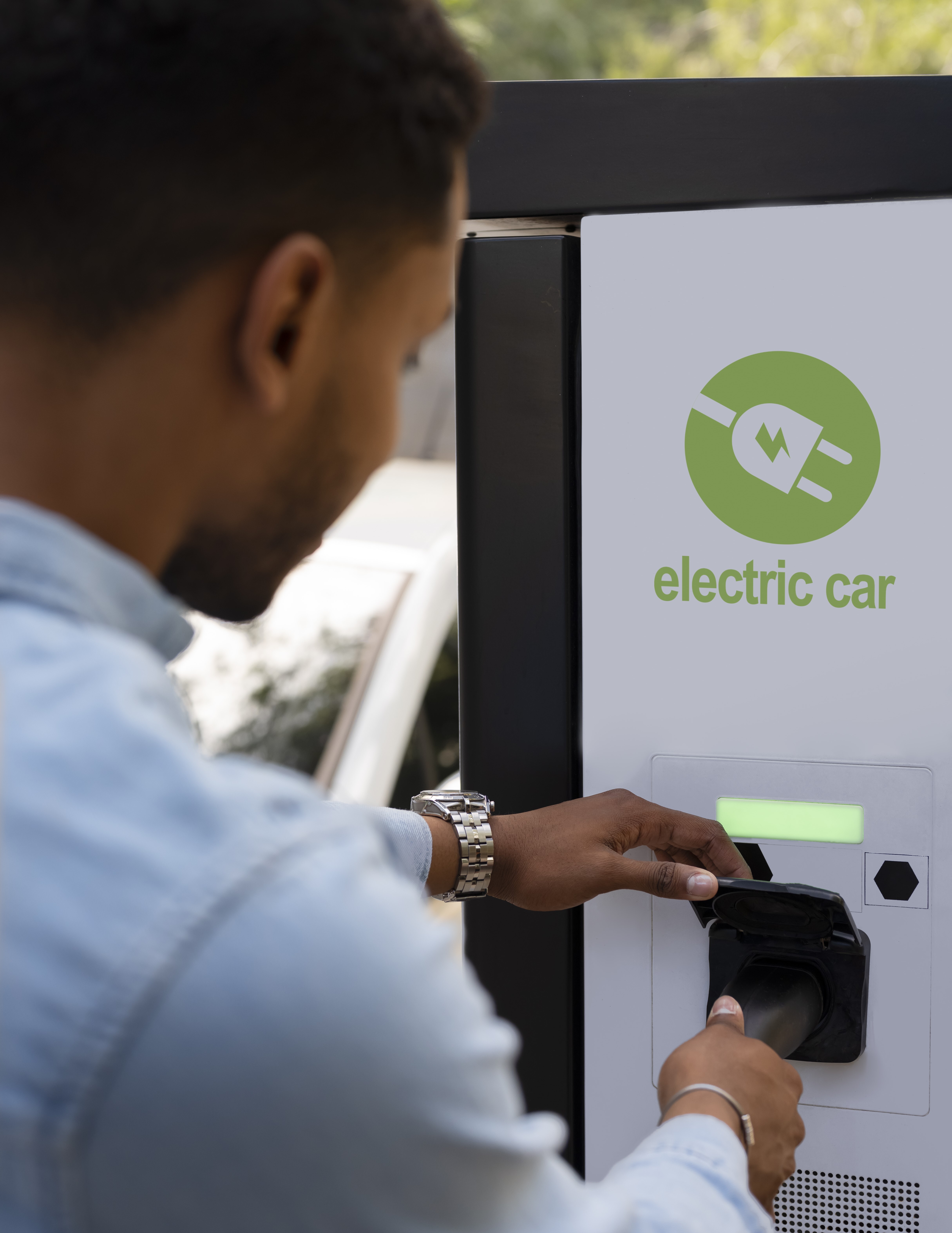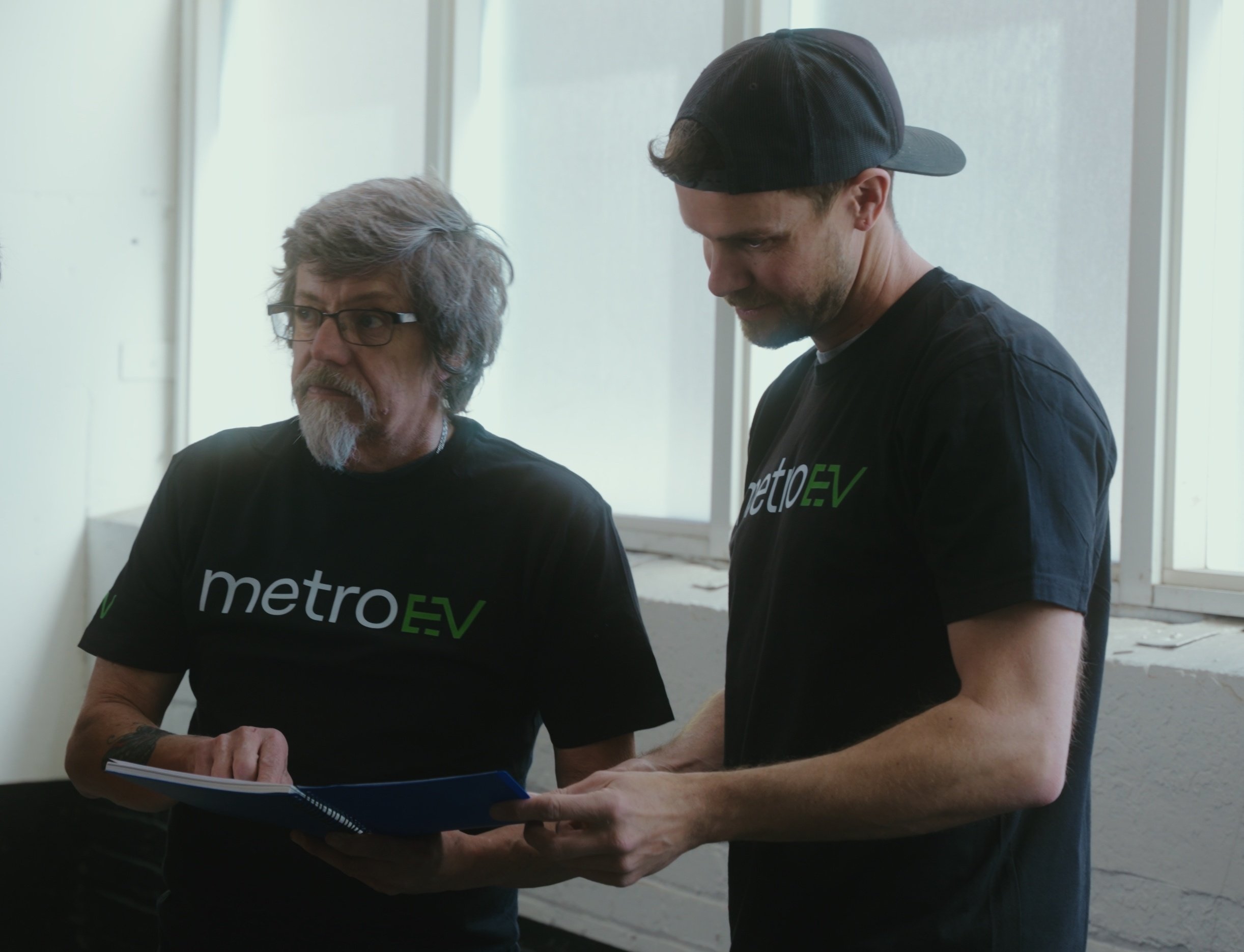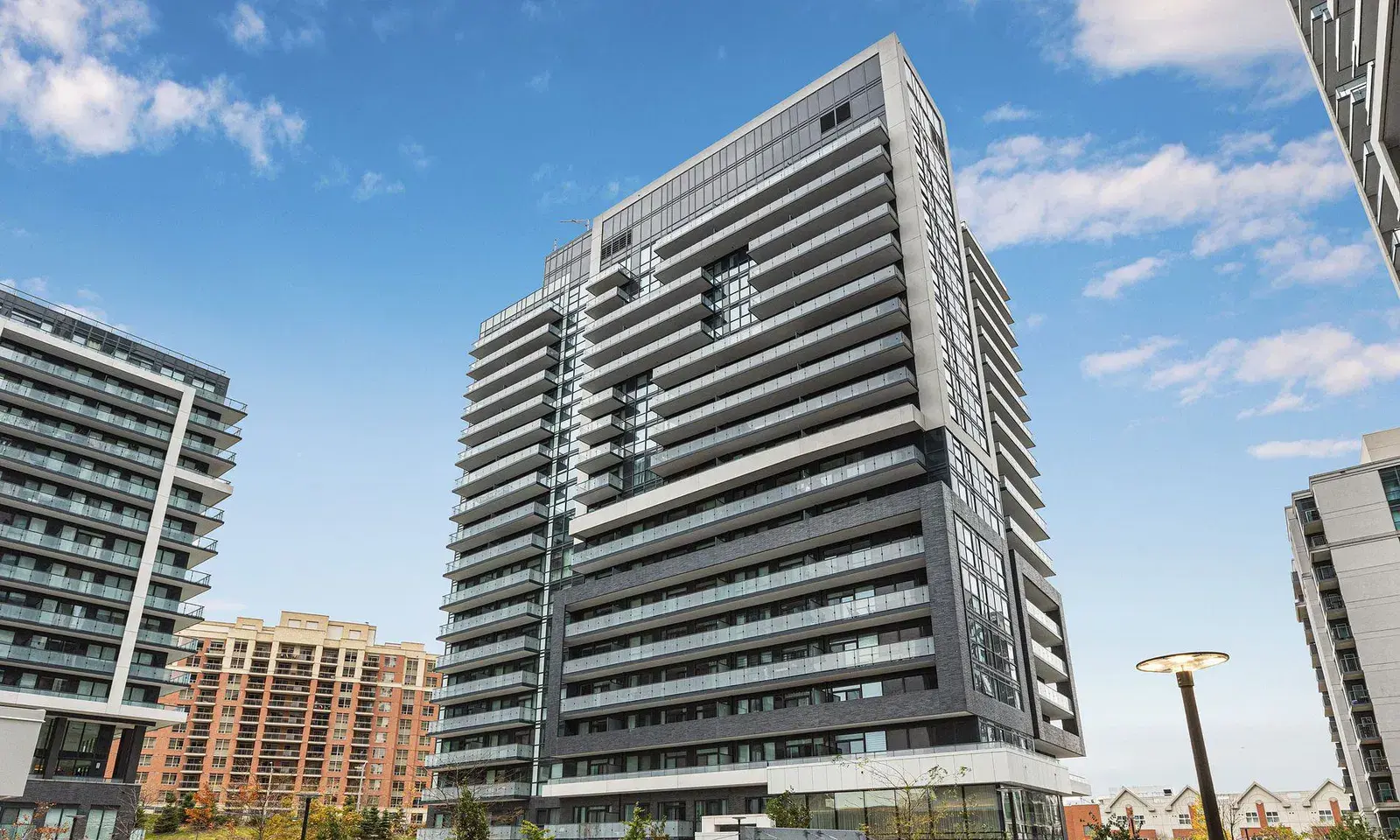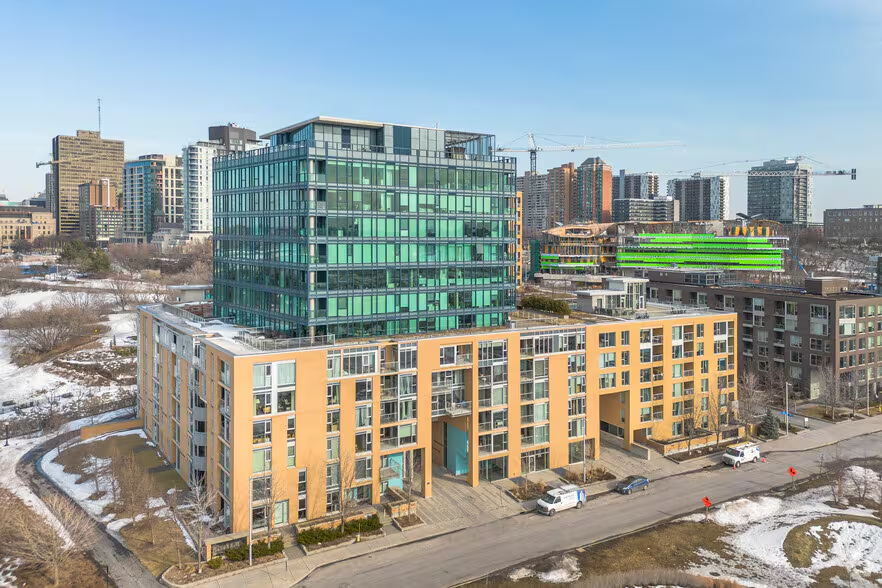With electric vehicles (EVs) gaining popularity across Canada, understanding the types of EV chargers is more important than ever. Whether you're a homeowner, property manager, or business owner, choosing the right electric vehicle charging solution means knowing how EV charger types work and which one suits your needs.
Unlike gas stations that are always nearby, EV drivers need access to reliable charging infrastructure, whether at home, at work, or on the road. So what’s the solution and what EV charger types should you be looking into for your installation?
What are the EV charger types?
There are three main types of EV chargers used in Canada today: Level 1, Level 2, and Level 3 (DC Fast Charging). Each EV charger type offers different charging speeds, voltage requirements, and has ideal use cases.
Level 1 chargers: Single-family homes
Level 1 EV chargers use a standard 120V outlet and are typically included with the purchase of an EV. These chargers add around 8 km of range per hour, making them the slowest option.
While convenient for overnight charging in single-family homes, Level 1 chargers are considered outdated for most modern EV drivers, especially those with longer commutes or busy schedules.

Related articles:
Understanding EV Charging Costs: A Breakdown
Guide to EV Charging Stations and How They Actually Work
Level 2 chargers: Condos, multi-unit residences, commercial, and industrial properties
Level 2 EV chargers are the most versatile and widely adopted EV charger type for both residential and commercial use. Operating on a 240V connection, Level 2 chargers deliver 30–50 km of range per hour, depending on the vehicle and system.

Level 2 chargers are ideally for locations where EV users require a faster charge during shorter periods of parking, making them an excellent solution for businesses and residential properties.
They are ideal for:
-
Workplace parking lots
-
Businesses, retail and public parking charging stations
-
Fleet depots and commercial properties
Level 2 EV charger types strike the best balance between speed, affordability, and scalability.
Related articles:
Installing EV Chargers in Multi-Unit Residential Buildings
Guide to EV Charging Solutions for Ontario Condos and Multi-Unit Residential Buildings
What Is The Best EV Charging Solution For Your Condo Building?
Level 3 chargers (DC fast chargers): Ultra-fast commercial charging
Level 3 EV chargers, also known as DC fast chargers, are designed for ultra-fast charging and are best suited for locations where quick and efficient charging is essential. These chargers operate on a higher voltage (typically 480 volts or higher) and can provide a significant amount of power.

Level 3 chargers significantly reduce charging time, making them ideal for long-distance travelers, fleet vehicles, and businesses requiring fast turnaround times.
DC fast chargers typically operate at 480V or higher, making them suitable for:
-
Highway rest stops
-
Urban service stations
-
Logistics and delivery hubs
Due to their ability to deliver a substantial amount of energy in a short time, Level 3 chargers are ideal for locations where quick turnarounds are crucial, such as commercial fleets, highway rest stops, or service stations, logistics and delivery hubs.
While powerful, Level 3 EV charger types also require advanced electrical infrastructure and are significantly more expensive to install, making them best suited for high-traffic or time-sensitive operations.
Related articles:
Level 3 EV Charger: Everything You Need to Know About DC Fast Chargers
EV Charging Solutions for Commercial Buildings and Businesses
EV Charging for Commercial Fleets
AC vs. DC charging: What’s the difference?
Most EV chargers fall into one of two categories:
AC Charging (Level 1 and Level 2): Alternating current is converted by the car’s onboard charger into DC to charge the battery. This process limits charging speed.
DC Fast Charging (Level 3): Sends power directly to the battery, bypassing the car’s onboard conversion system and enabling ultra-fast charging.
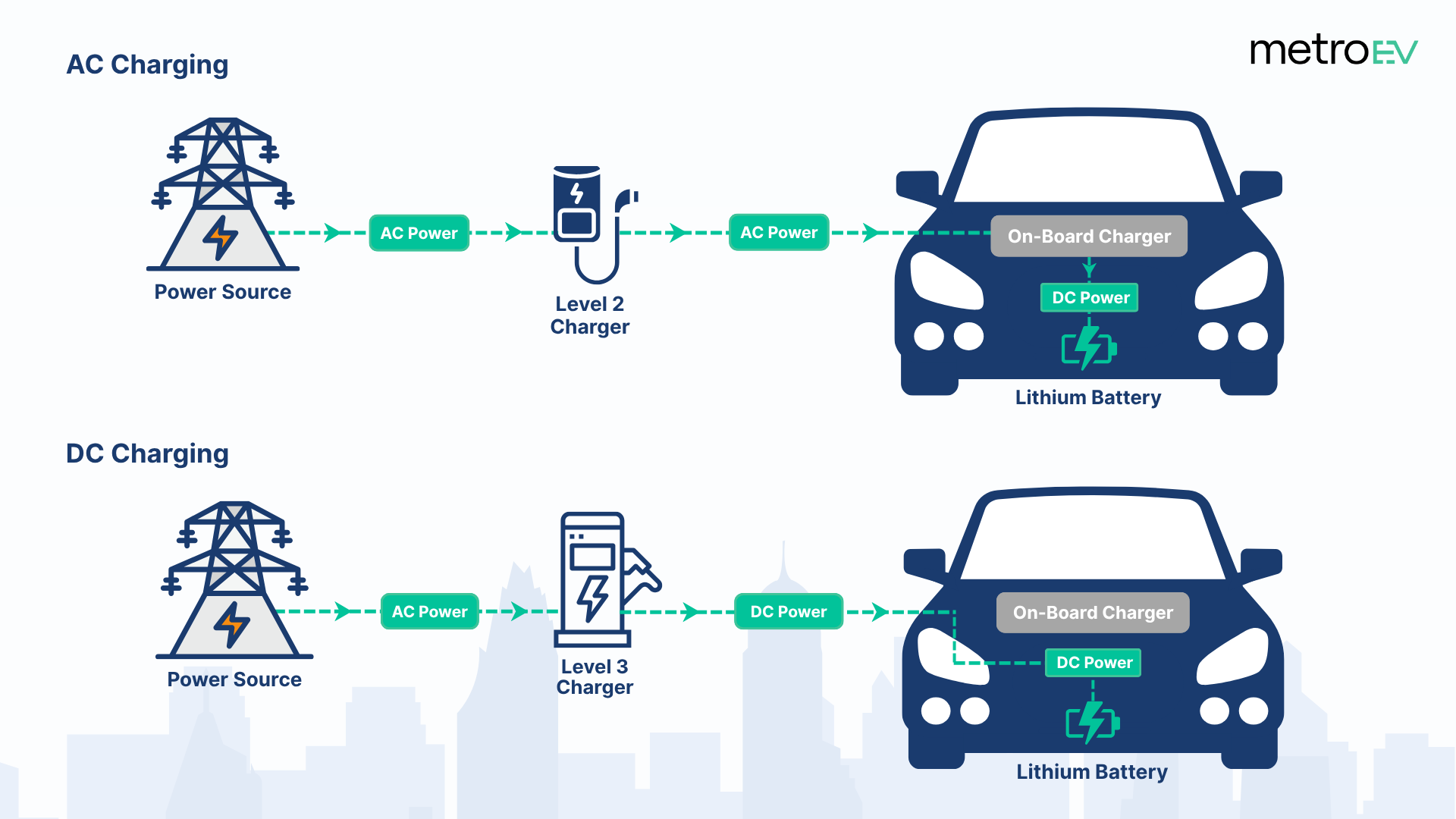
Level 1 and Level 2 chargers use alternating current (AC) charging, which must be converted by the vehicle’s onboard charger into direct current (DC) before it can be stored in the battery. This built-in conversion slows down the process and limits how quickly the car can charge, typically adding just 30 to 50 km of range per hour.
A Level 3 EV charger, or DC fast charger, skips this step entirely by delivering direct current (DC) straight to the battery. The AC to DC conversion happens inside the Level 3 charger, not the car, which makes charging significantly faster. DC charging can add hundreds of kilometres of range in under an hour.
Types of EV chargers:
-
Level 1 is best for light home use (with minimal needs)
-
Level 2 is the most practical and scalable option for most homes and businesses
-
Level 3 is best for high-volume or time-sensitive commercial operations
Quick comparison: Level 2 vs. Level 3 chargers
What's the difference between Level 2 and Level 3 EV charger? The difference between Level 2 and Level 3 chargers comes down to speed, cost, and practicality.
| Feature | Level 2 Charger |
Level 3 Charger (DC Fast Charging) |
| Charging Speed | 30–50 km/hour |
100–300+ km in under 1 hour |
| Power Supply | 240V AC |
480V+ DC |
| Installation Cost | Moderate |
High |
| Infrastructure Needs | Standard panel upgrades |
Dedicated high-voltage systems |
Level 2 chargers use a 240V connection and add around 30–50 km of driving range per hour. They’re designed for overnight or long-term parking, which makes them the best fit for condo residents. They’re also affordable to install and easy to manage within a building’s existing infrastructure.
Level 3 EV charger, or DC fast chargers, are built for quick top-ups. They deliver very high power that is enough to charge most EVs to 80% in about 20–30 minutes. While this speed is convenient on highways or in public charging stations, the installation costs and infrastructure requirements are far too high for most condo buildings.
For property managers, the practical choice is Level 2 charging. It’s cost-effective, resident-friendly, and ensures reliable overnight charging without major upgrades.
contact us
Need help choosing the right EV charging solution for your property?
Our EV experts can help you figure out which EV charger type is best for your property and give you a free, custom quote. Fill out the form below and we will get back to you shortly.
What are fast charging connectors?
Fast charging connectors are an efficient option for EV charging, designed to significantly reduce the time it takes to recharge an electric vehicle’s battery. The fast charging process involves a specialized connector that interfaces with the EV's charging port, enabling a rapid charge.
The connectors and charging stations need to adhere to industry standards, ensuring compatibility with various electric vehicle models and contributing to the widespread adoption of fast charging as a convenient and time-saving option for EV owners.
.png?width=525&height=295&name=Metro%20EV%20Video%20(2).png)
Fast charging connectors vary by vehicle and region, but standards like CCS, CHAdeMO, and Tesla Superchargers are the most common. When choosing EV charger types for installation, ensure compatibility with a wide range of vehicles for long-term flexibility.
Need help choosing the right EV charger type?
metroEV offers turnkey EV charging solutions tailored to your building or business needs. From site assessments to installation and support, we guide you through every step to ensure your EV charging project is smooth, compliant, and future-ready.
Get a quote and we'll help you find out which type of EV charger is right for your property's needs.
Contact metroEV today to speak to an EV expert and get started today.
Learn more:
Level 3 EV Charger: Everything You Need to Know About DC Fast Chargers
Private or Shared EV Chargers? How to Choose the EV Charging Solution for Your Condo Building
How To Choose Between Indoor And Outdoor EV Chargers
What Is The Best EV Charging Solution For Your Condo Building?

AUTHOR
Shai Sinai
Shai is the Vice President of Sales at metroEV, specializing in electric vehicle charging station installations for multi-residential, commercial and public properties. With hands-on experience across the entire process—from site assessments and EV Ready planning to infrastructure design and installation—Shai brings deep industry knowledge and practical insight to every project.
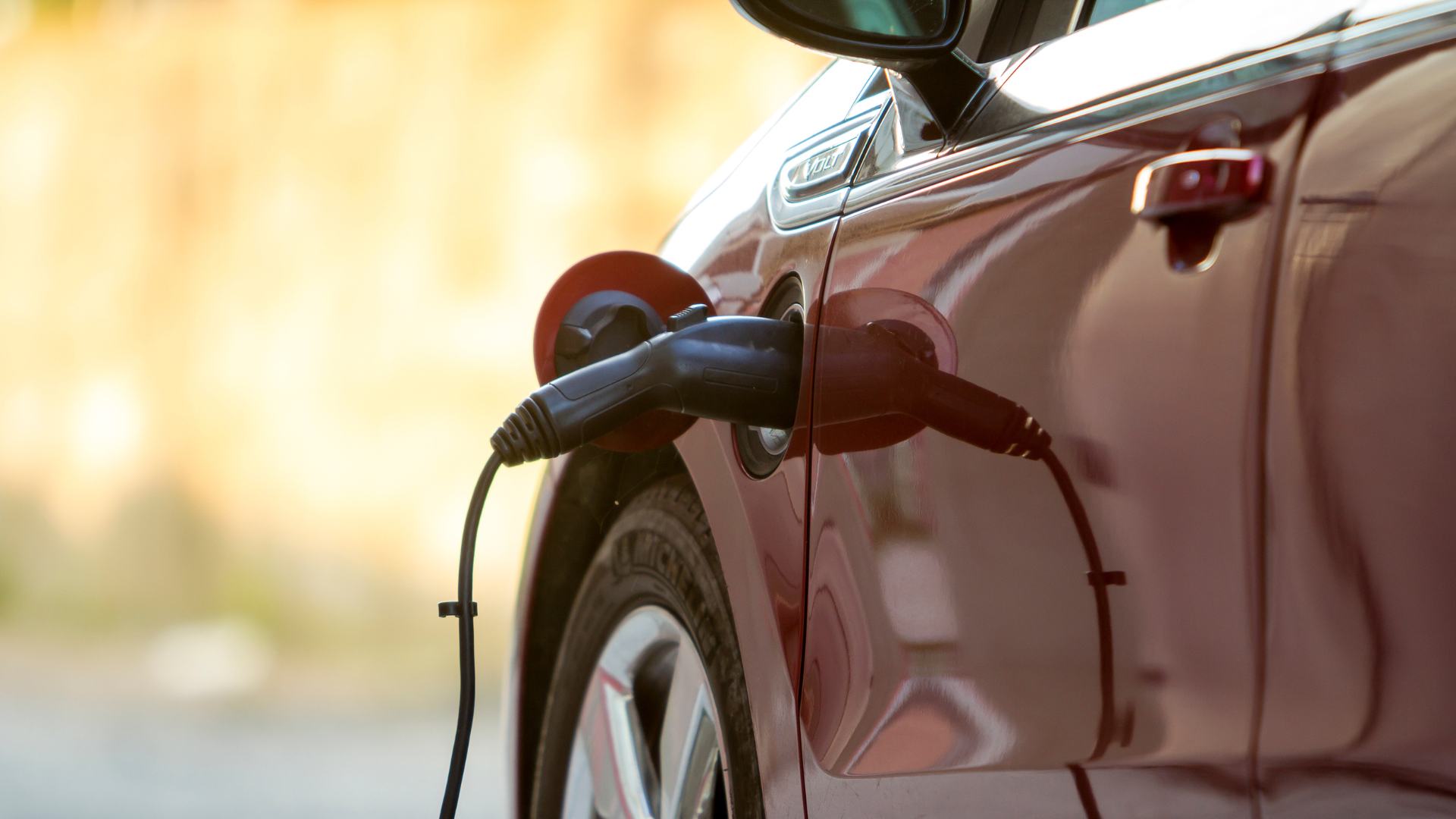
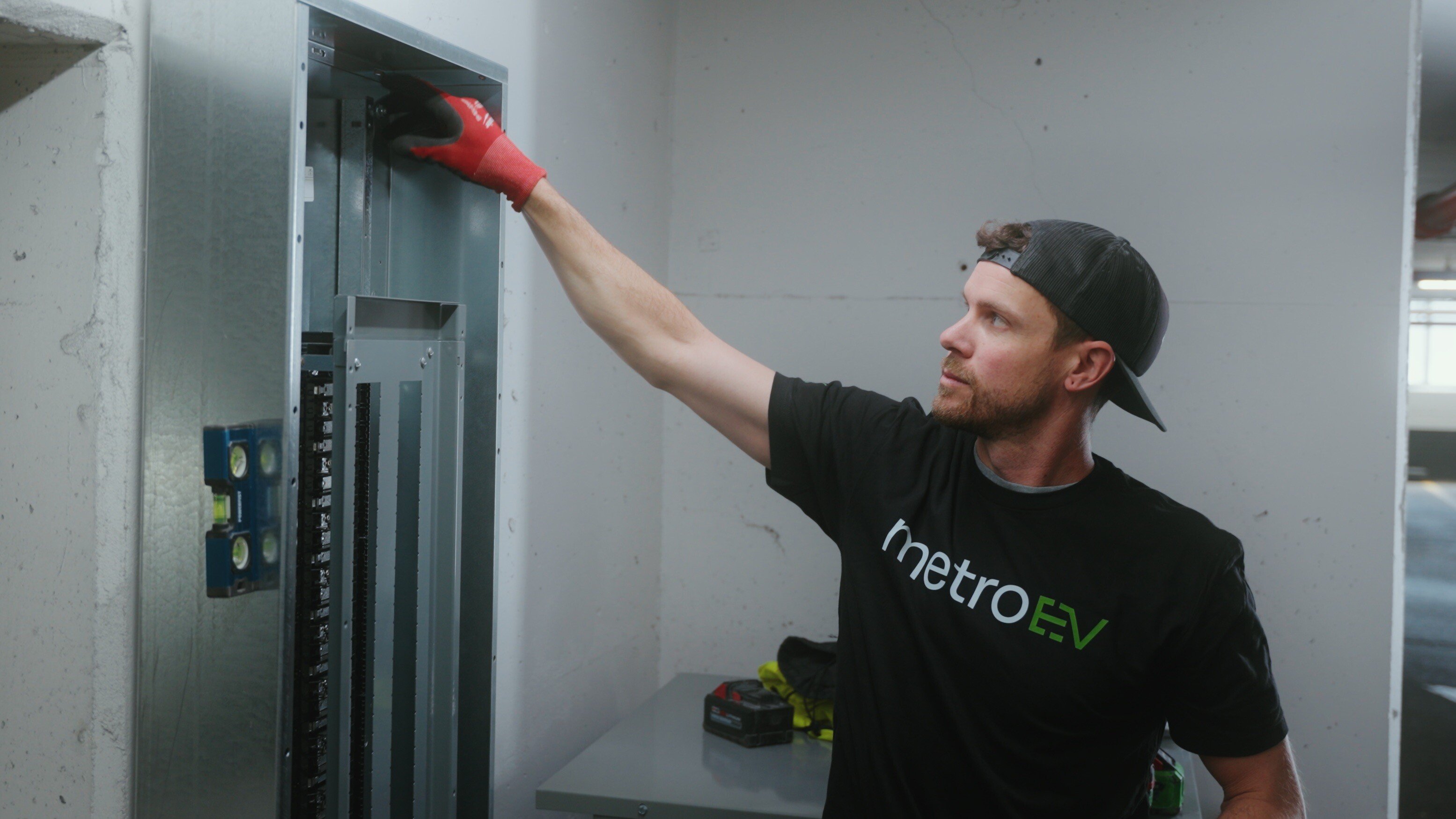
.png)
